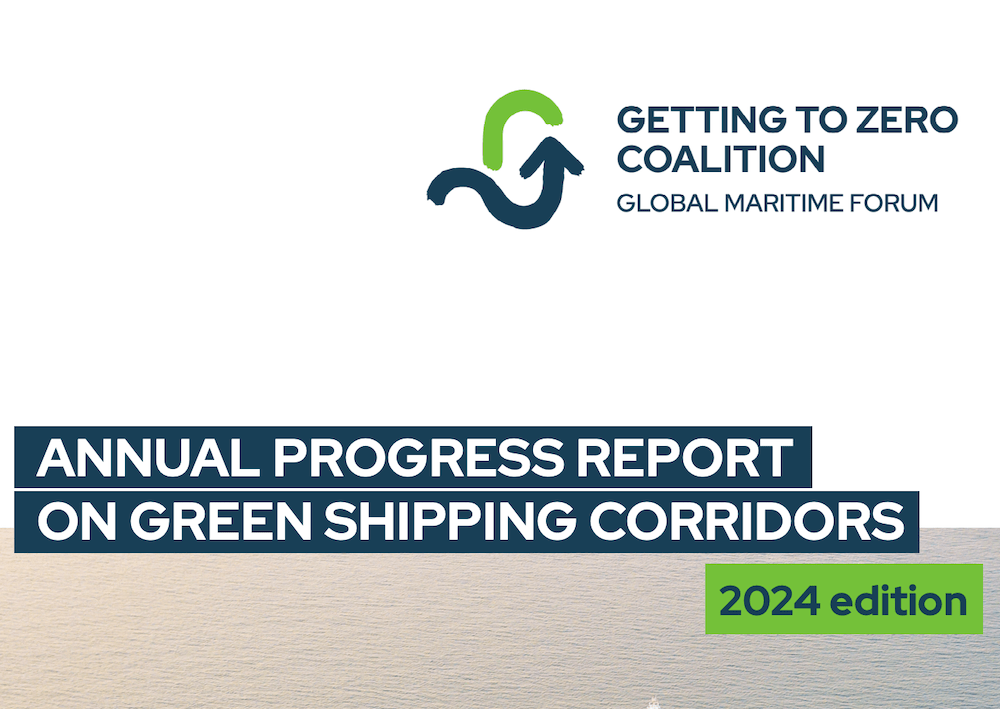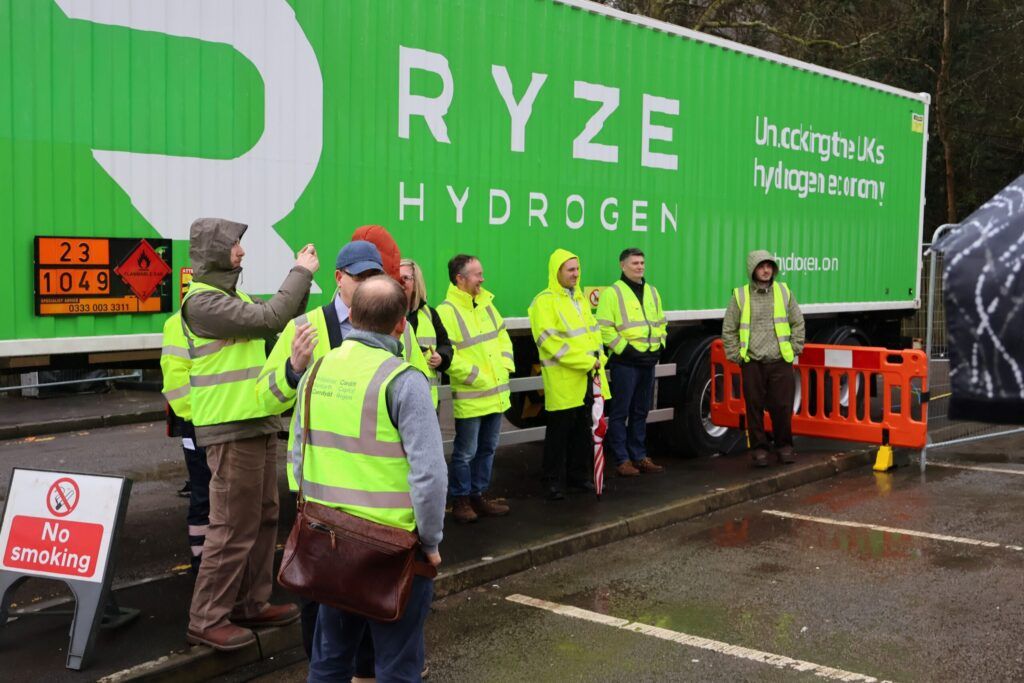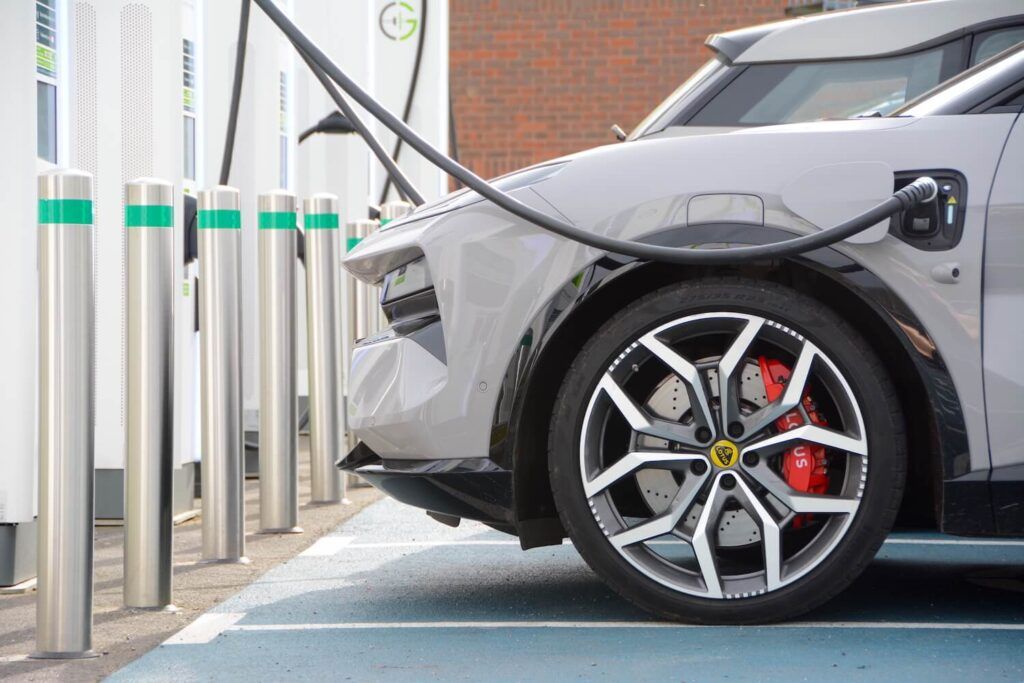Green shipping corridors have rapidly expanded in popularity worldwide, but progress could stall without urgent action from governments to overcome a “feasibility wall.”
The news comes from the ‘Annual Progress Report on Green Shipping Corridors 2024’ published today by the Getting to Zero Coalition and the Global Maritime Forum.
It highlighted major growth in the number of initiatives, which has increased by 40% in 2023 to a total of 62 initiatives globally. Alongside this expansion, a third of the existing corridors have advanced to a new phase of exploration, including feasibility studies, implementation roadmaps, and cost assessments. Six front running initiatives are now preparing for real-world implementation, establishing blueprints for green corridors worldwide, it found.
But it said the initiatives risked hitting a “feasibility wall” if the cost of transitioning to sustainable energy sources was not urgently addressed by national policy incentives.
The lack of national policy to bridge fuel costs was now the number one bottleneck and would soon limit the development of green corridors, it said. The report called on national governments to step up support and help unlock the business case for alternative energy, such as hydrogen-based fuels.
The concept of green corridors was established in November 2021 as a critical way to scale new sustainable fuels and technologies. In particular, they are central to delivering the goal of having zero-emission fuels account for 5% of all fuels by 2030.
The report made five key recommendations:
- Government support to bridge the operational cost gap of transitioning to alternative energy sources.
- The development of innovative commercial agreements for fuel procurement and chartering/cargo within green corridor initiatives.
- A flexible, programmatic governance approach for green corridor initiatives to encourage participation and collaboration while allowing for risk-sharing and scaling.
- Exploration into policy and finance for green corridors – and zero-emission fuel – in the Global South.
- Focused support on existing green corridor initiatives to progress against Clydebank Declaration targets, given the limited public and private resources available.
Jesse Fahnestock, Director of Decarbonisation at the Global Maritime Forum, said:
“Green shipping corridors have an essential role to play in accelerating zero-emission shipping. This year saw a handful of advanced corridors setting the pace, but continued progress is not inevitable.
“If industry and national governments make a concerted effort to share the costs and risks associated with new fuels, these leading corridors could together generate a breakthrough for zero-emission shipping before 2030.”
Image of report courtesy of the Global Maritime Forum












